The Profound Blessings of Ramadan: A Holistic Perspective
Ramadan, the ninth month of the Islamic lunar calendar, is a sacred time observed by millions of Muslims around the world. Beyond its significance as a month of fasting, Ramadan is a period filled with numerous blessings that extend to the spiritual, physical, and communal aspects of life. In this article, we will explore the multifaceted blessings of Ramadan that make it a unique and transformative experience for individuals and communities.
- Spiritual Renewal: One of the primary blessings of Ramadan is the opportunity for spiritual renewal and growth. Muslims believe that during this month, the Quran, the holy book of Islam, was revealed to Prophet Muhammad. The act of fasting serves as a means of self-discipline, promoting spiritual consciousness, mindfulness, and a closer connection to Allah. Through increased prayer, reflection, and acts of kindness, individuals strive to strengthen their faith and purify their souls.
- Empathy and Compassion: Fasting during Ramadan is not only an act of self-discipline but also a powerful source of empathy and compassion. By abstaining from food and water from sunrise to sunset, Muslims gain a deeper understanding of the challenges faced by those who are less fortunate. This heightened awareness fosters a sense of empathy, encouraging believers to engage in charitable acts, donate to the needy, and contribute to the welfare of their communities.
- Family and Community Bonding: Ramadan emphasizes the importance of family and community bonding. Breaking the fast (Iftar) and sharing the pre-dawn meal (Suhoor) become communal events, bringing together families, friends, and neighbors. These moments of shared meals foster a sense of unity, solidarity, and strengthen the social fabric of communities. The act of breaking the fast with loved ones enhances the joy and blessings of Ramadan.
- Self-Reflection and Personal Growth: As individuals engage in self-discipline and spiritual practices, Ramadan becomes a time for self-reflection and personal growth. Muslims use this month to evaluate their actions, seek forgiveness for past mistakes, and set goals for self-improvement. The introspective nature of Ramadan encourages believers to let go of negative habits, cultivate positive virtues, and strive for a higher level of moral and ethical conduct.
- Gratitude and Thankfulness: Fasting during Ramadan cultivates a sense of gratitude and thankfulness for the blessings that are often taken for granted. The experience of hunger and thirst serves as a reminder of the basic necessities of life that many people lack. This realization encourages individuals to appreciate the abundance in their lives, fostering a humble and thankful attitude.
Conclusion: The blessings of Ramadan are profound and extend far beyond the act of fasting itself. This sacred month provides an opportunity for spiritual growth, empathy, family bonding, self-reflection, and gratitude. As Muslims around the world come together to observe Ramadan, they embrace the transformative power of this month, seeking to cultivate a deeper connection with their faith and a greater sense of compassion for humanity.


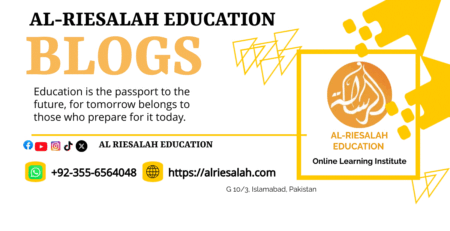

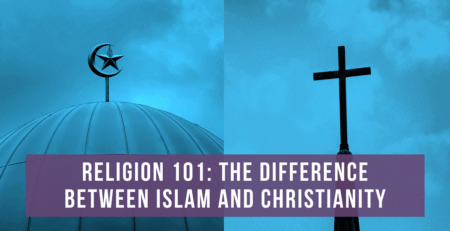
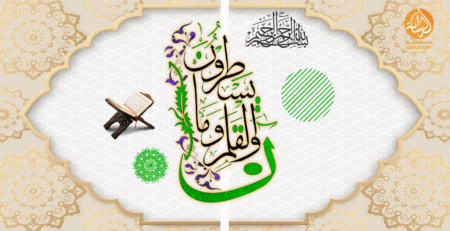
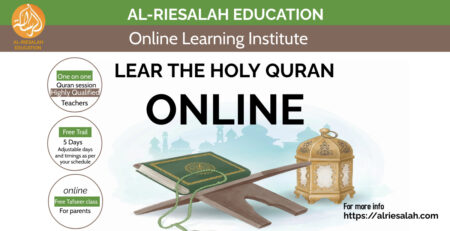
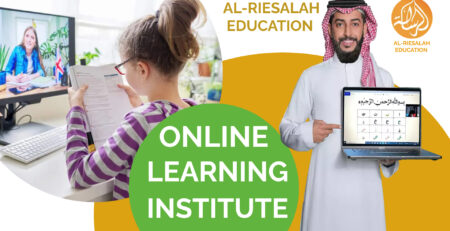


Leave a Reply